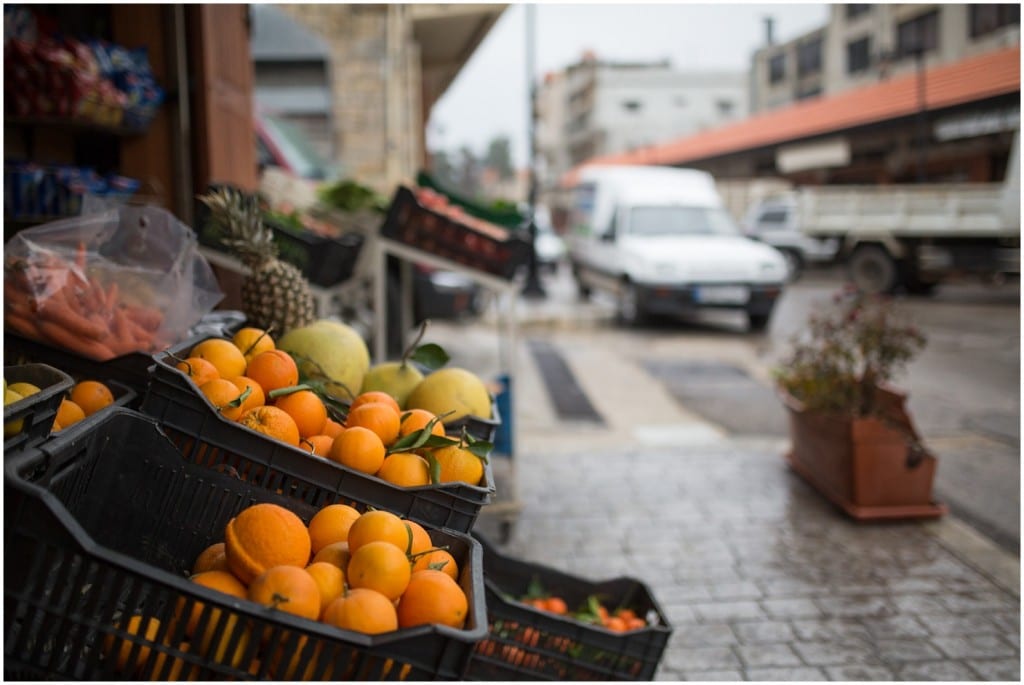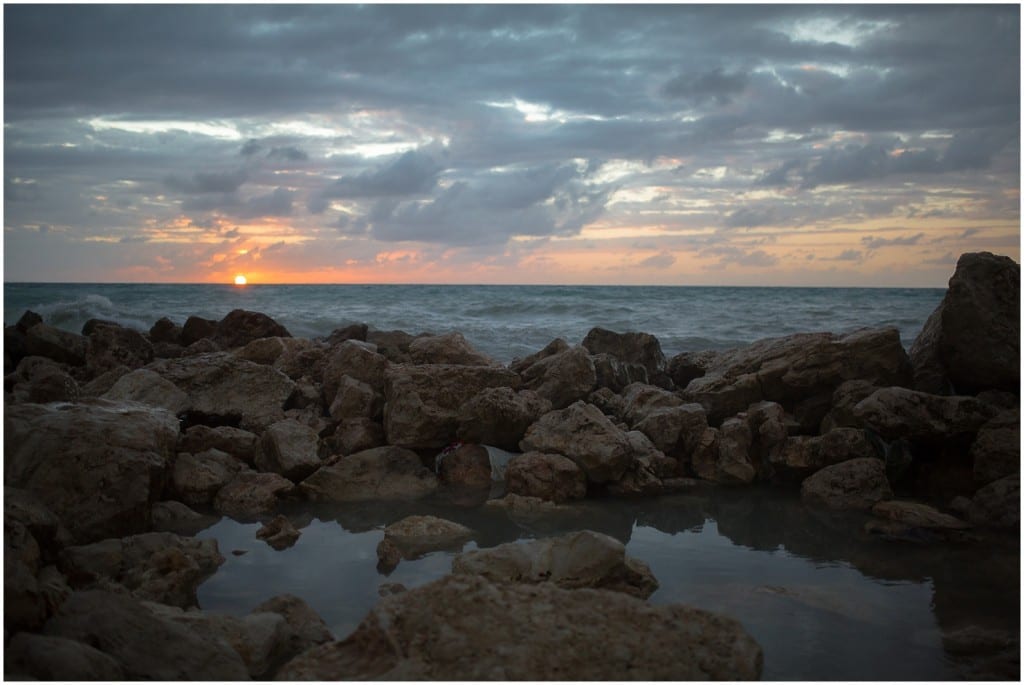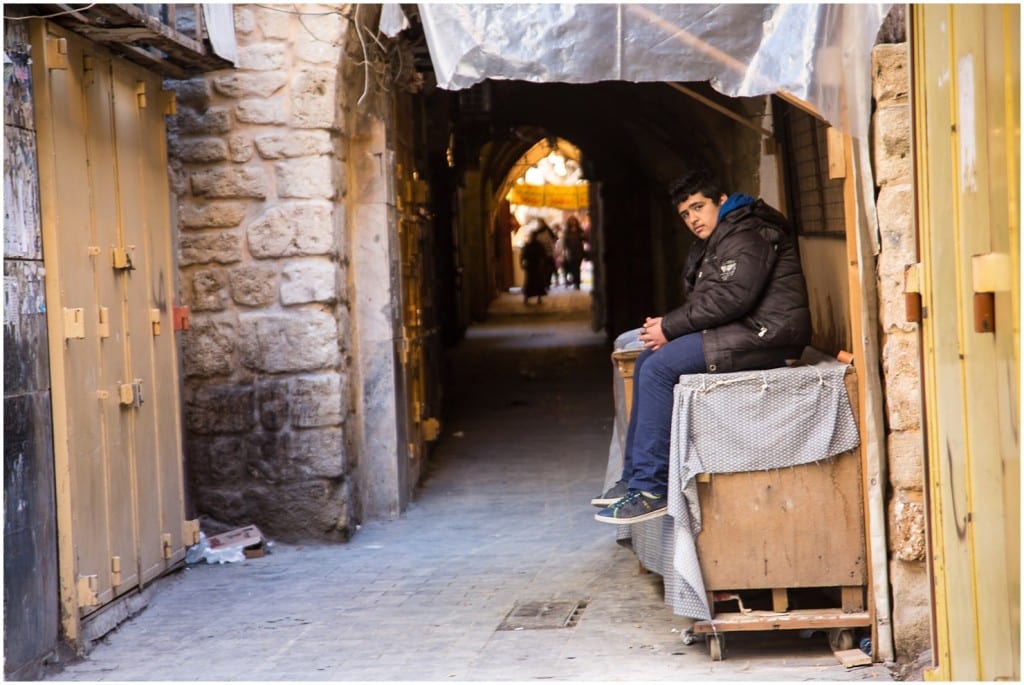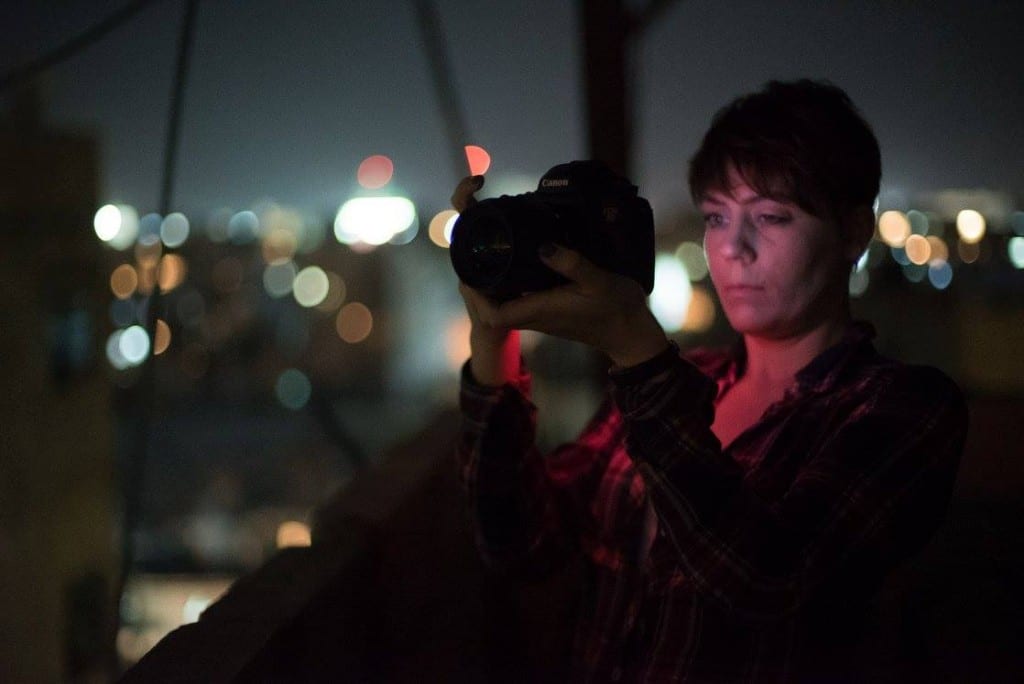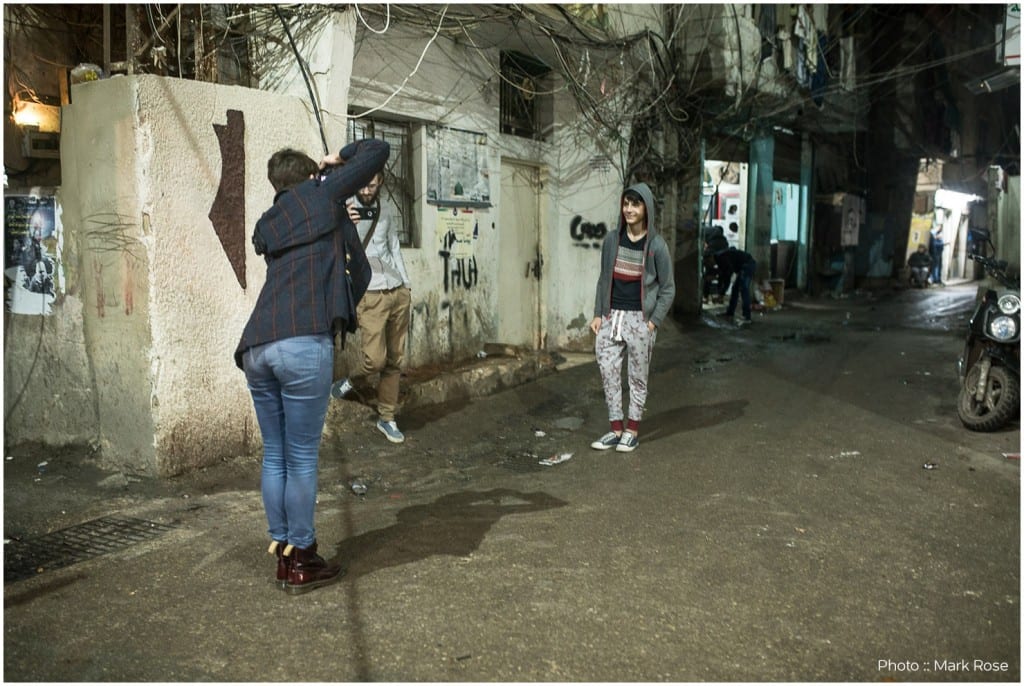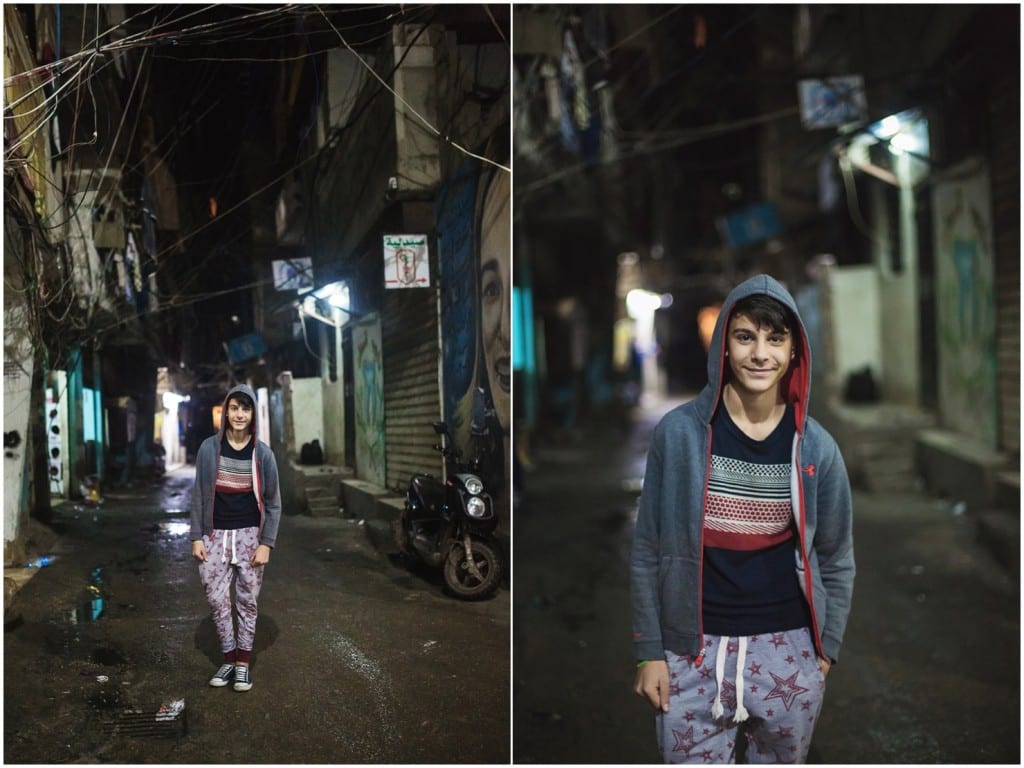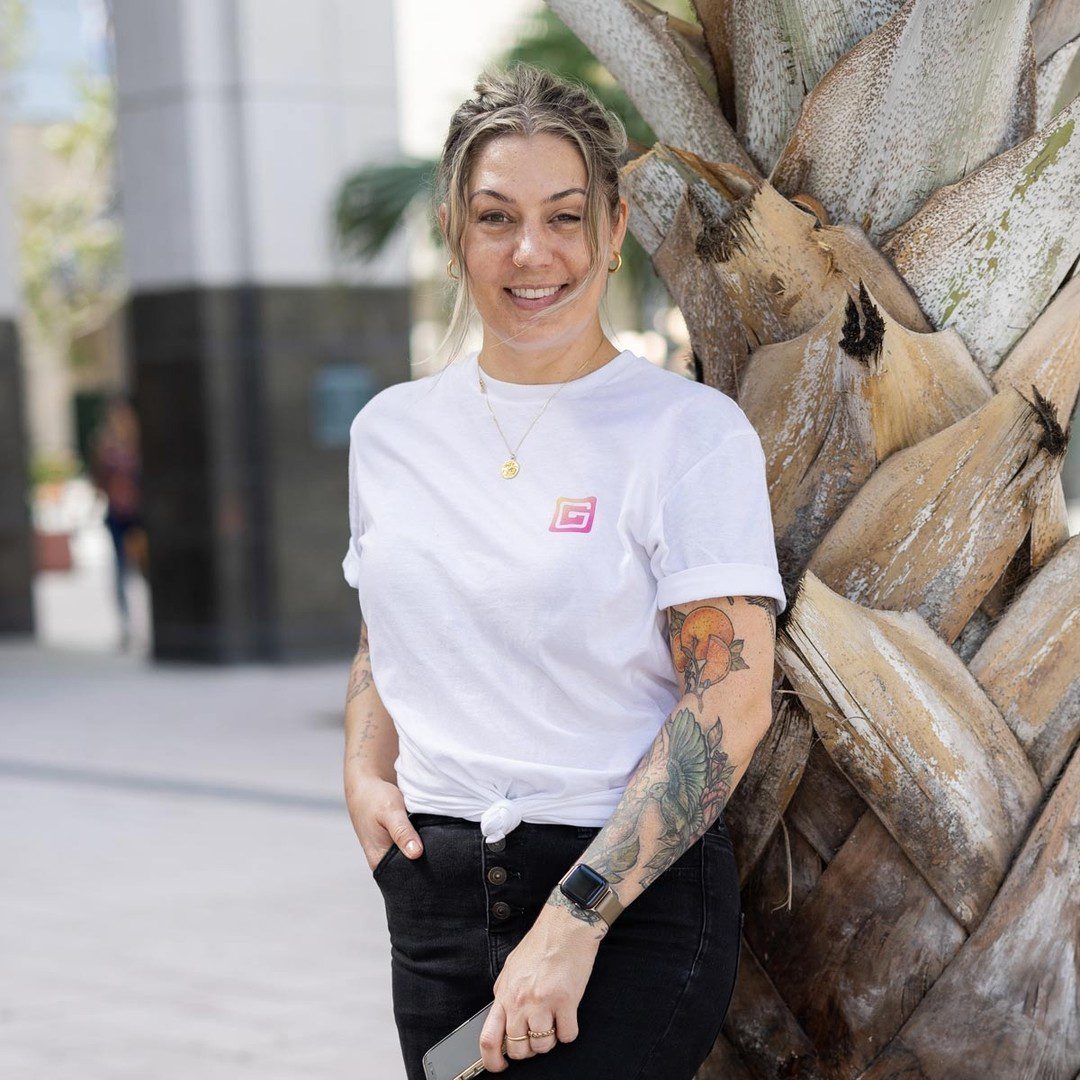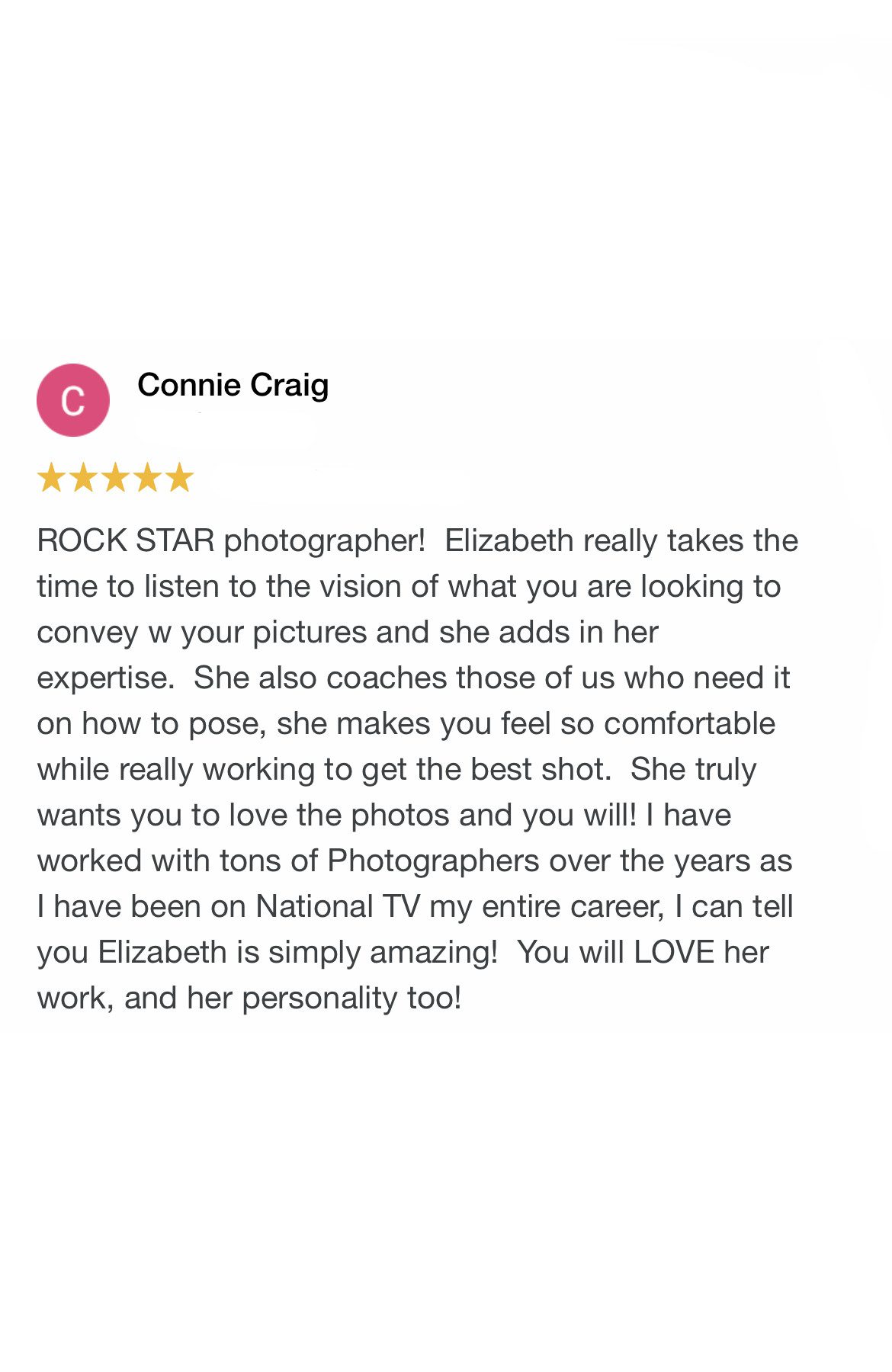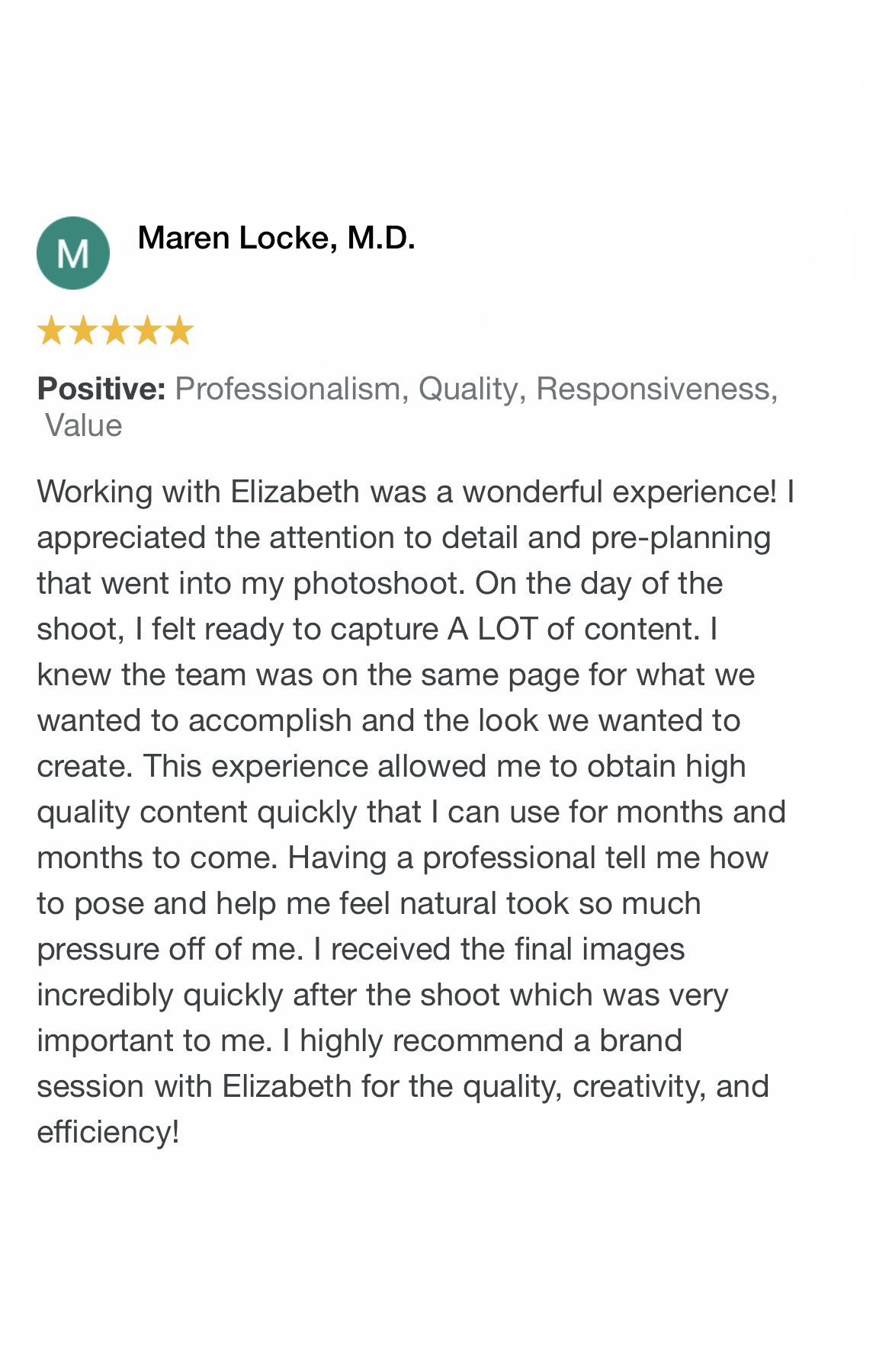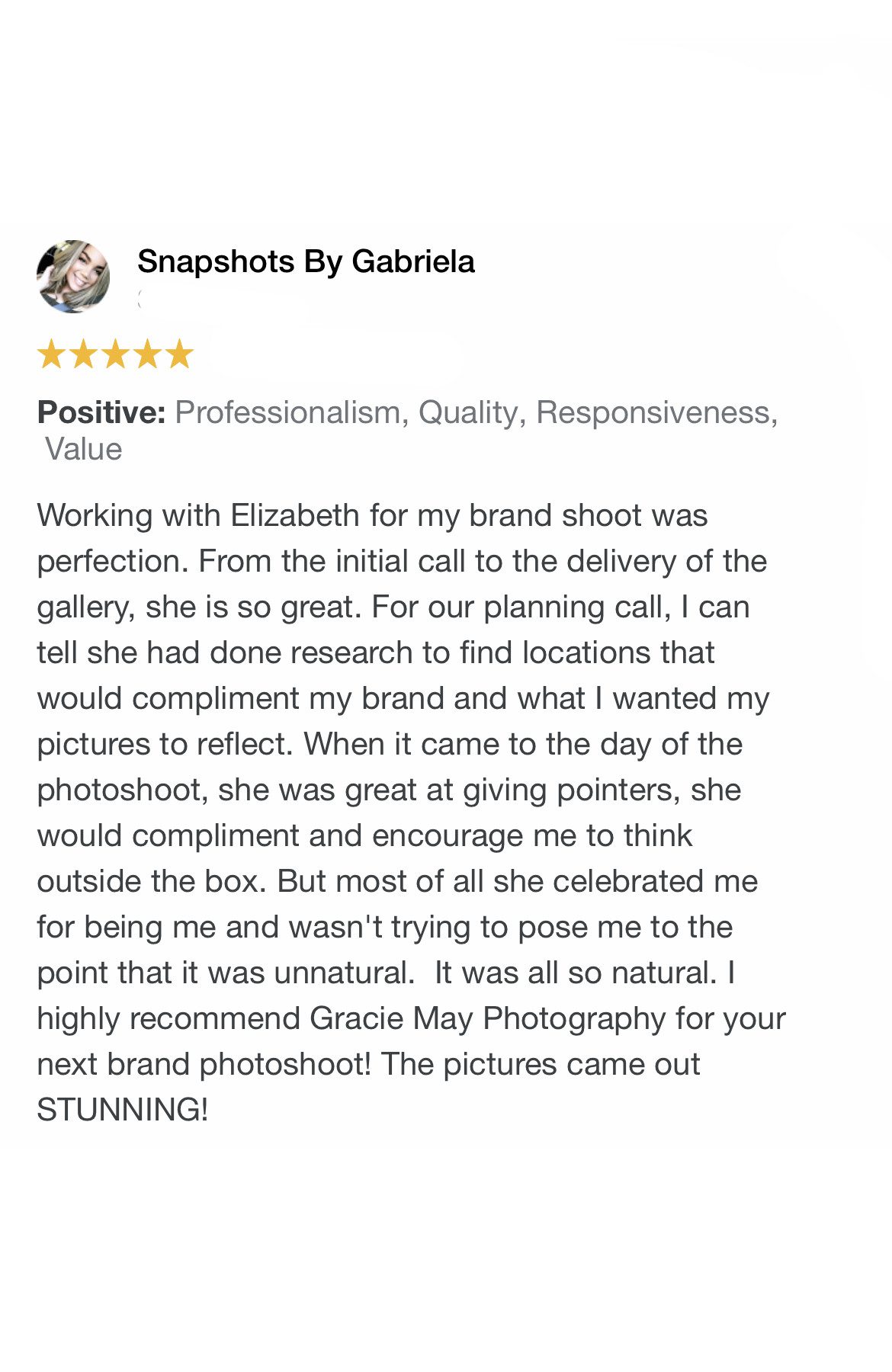Some of the images in this post are clickable and will take you to experience audio or video files created at the sites where the images were taken. Enjoy!
p
It’s one of the first things I say to my new clients: “I’m not a photographer. I’m a storyteller. Photography is my medium.”
p
Travel has always seemed…ya know…cool. But lacking. You go to these places but you don’t get to see how people live. Drink coffee out of their cups. Sleep in their sheets. Look them in the eye. I’m finding the best way to travel is to go where relationships take you. Where love takes you.
p
This time, it took me to Lebanon.
p
Here’s what I know about stories: You can’t take them from people. They give them to you. But you have to give first.
p
Lebanon isn’t a place I ever believed I’d end up. Heck, just going to the UK for the first time ten years ago blew my mind. But living in the abroad means opportunities to travel around the world with ease and I wouldn’t change it for the world. People ask whether I like living in the UK. And I give the standard answer, “Some good things, some bad things. Same as America.” So for the record? One of the good things is that the world is more accessible from where I’m planted.
p
When I had the opportunity to go to Lebanon, one of the first things I did was check the United States’ travel advisory. And it said: don’t go there.
p
“My heart is pounding so hard!”
“That’s how you know you’re having fun.” -Paper Towns
p
Lebanon is a lush and fertile landscape of green fauna and fragrant citrus held together by a coastline of raging sea inhabited by a diverse population of beautiful people.
p
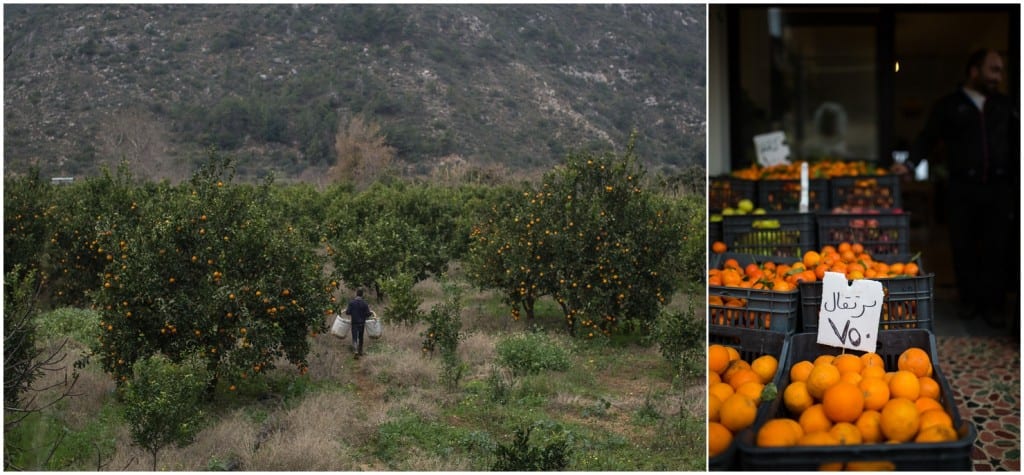
Citrus is everywhere in this country.
p
Each morning, multiple deliveries of citrus would take place below my balcony. Although I saw it everywhere, I never saw one person partaking of it.
p
But beneath all this travel-worthy lusciousness is an undercurrent of tension and subtle chaos.
p
Case in point. The garbage problem. For two months, the corrupt government and their efforts to profit from the next waste contract has put rubbish collection at a standstill. No available company has yet been granted the contract and now there’s a mounting need for not only basic services but a whole cleanup of the nation. In the meantime, local municipalities are collecting and burning what they can.
p
Photography can be deceiving. Or perhaps it’s the photographer who is a deceiver. Or at the very least, a collaborator in deception. Or perhaps we only tell the stories we want to tell. Although the photo above shows a stunning sunset on the coast, this beach is also a dumpsite for garbage. A tire, a bra, the sole of a shoe. Makes me want to acknowledge that although there’s garbage in life, one needs only to adjust their gaze slightly to find beauty.
p
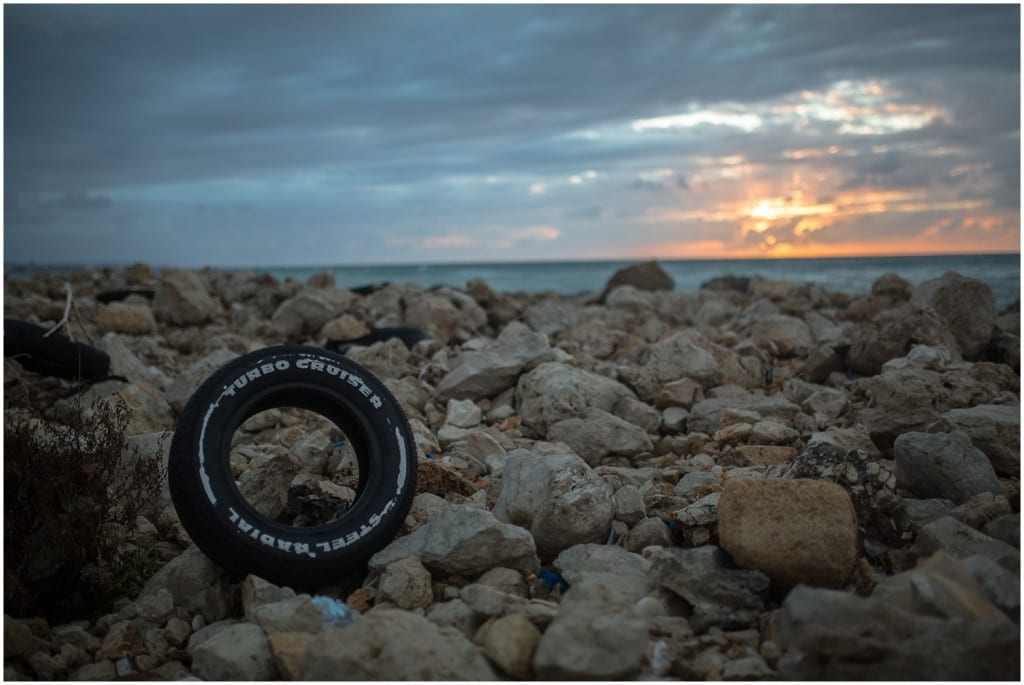
So on this note, allow me to share with you some of the people who gave me their stories.
p
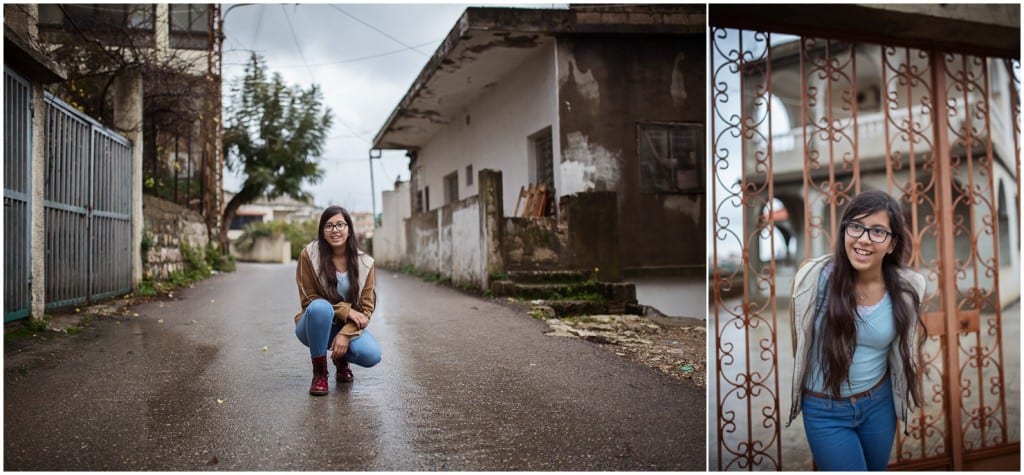
Jessy is a 13 year old Lebanese girl from a Christian family. Her parents lived in Germany for 20 years. She is photographed here outside her home. Jessy goes to private school, is fluent in 5 languages (Arabic, German, French, English and Spanish) and wants to be an engineer.
p
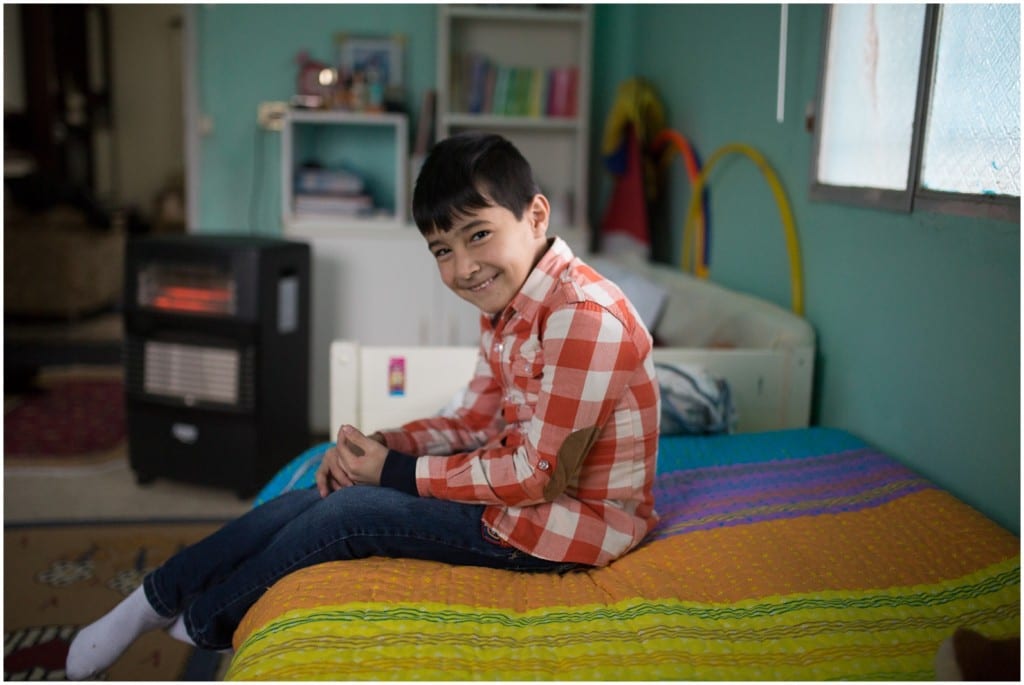
This is Gabriel. He’s 7 years old. Photographed in his bedroom in his family’s 2nd story apartment. When asked about his favourite TV show, his answer: “Tom & Jerry”. When asked about his favourite movie? “Tom & Jerry”. When asked if he knows about Star Wars, he shrugs and says no. Much like my own children, after taking his photo, he wanted to go play on his mom’s iPad (she said no).
p
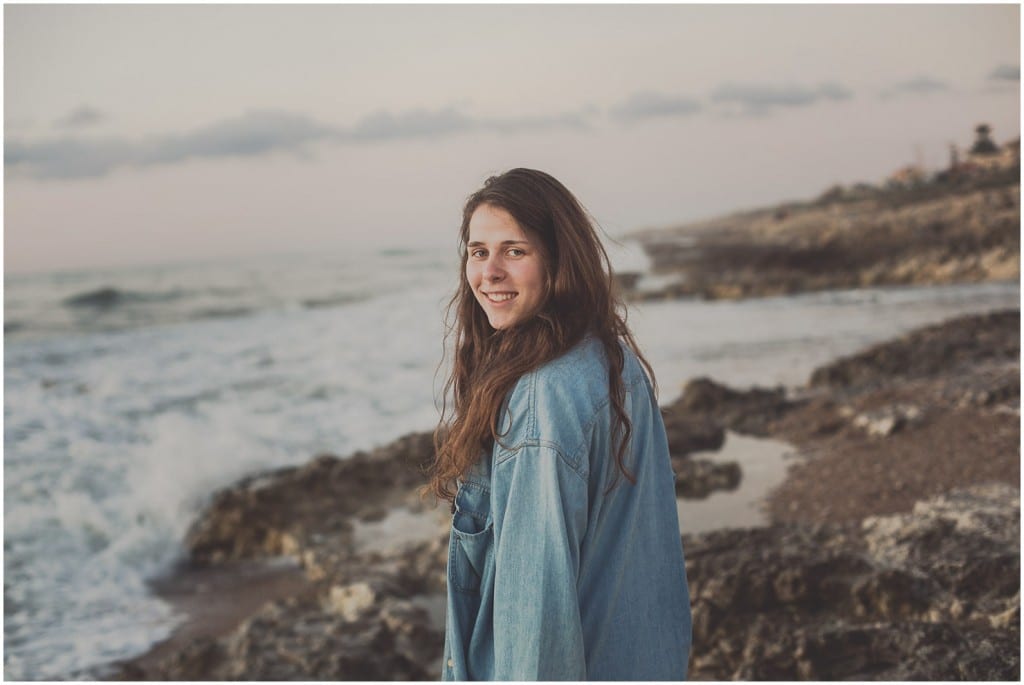
Mona is 21 years old. She is German and living in Lebanon working within an organisation to bring reconciliation between Muslims and Christians. Mona is learning Arabic. She smiles and laughs approx every 5 seconds.
p
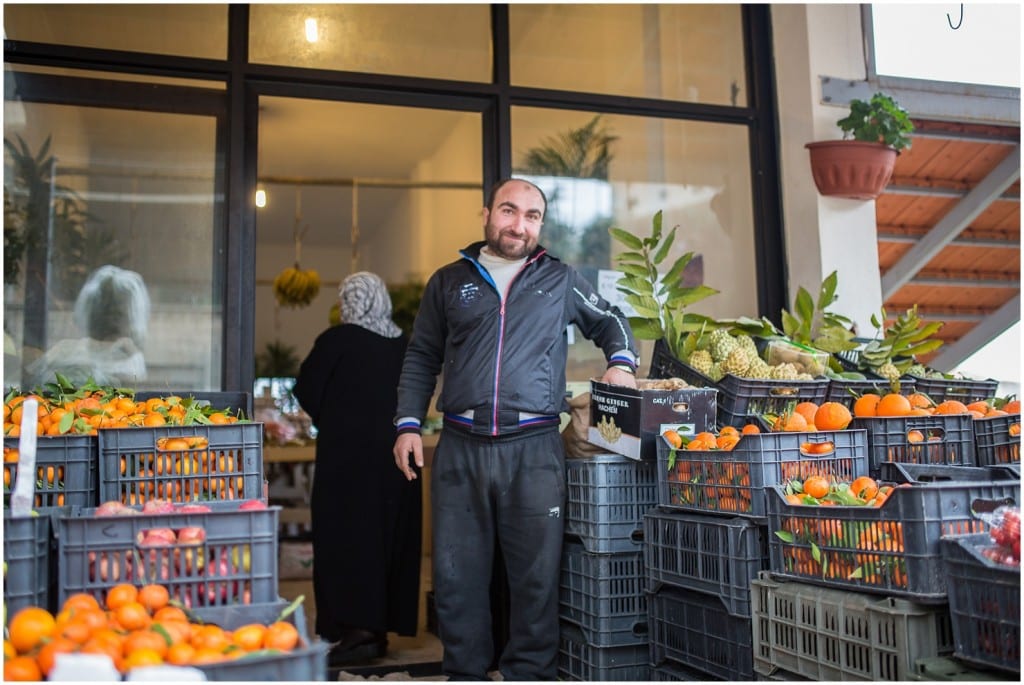
Syrian man standing outside his shop.
p
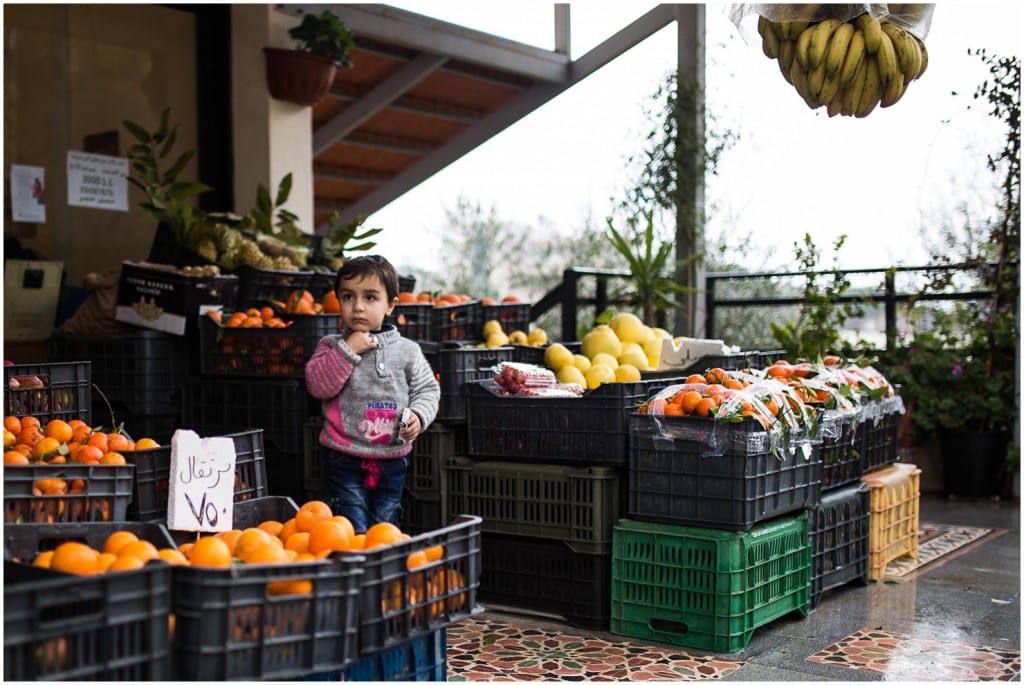
Syrian child outside her father’s shop. She was wary and shy and I had to photograph her without my camera held near my face.
p
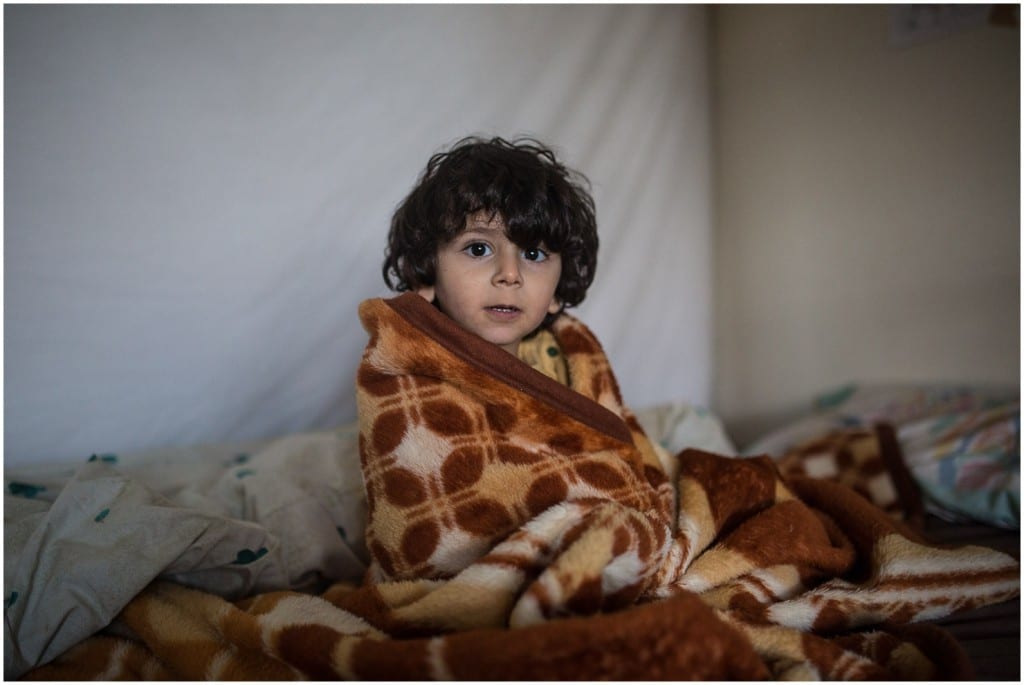
JD is a 3 year old Lebanese boy. Before his mother had a new baby, she was a teacher in a school for Syrian refugees and so he’s been grown up around many different people. He’s a very confident boy and this photograph was taken from my bed first thing in the morning as he came in to wake me up to play. JD understands many languages and incredibly, he will automatically speak with you in your own language and seamlessly transition between languages.
p
Unknown boy in the market at Sidon. Because it was a Friday (Muslim holy day), this usually bustling market was empty. A cool thing about photographing in the middle east…people don’t really mind you taking their photo. They stare and just let it be. And in that way, even with strangers like this boy above, I didn’t feel like I was stealing from him. We worked together to bring this moment to you.
p
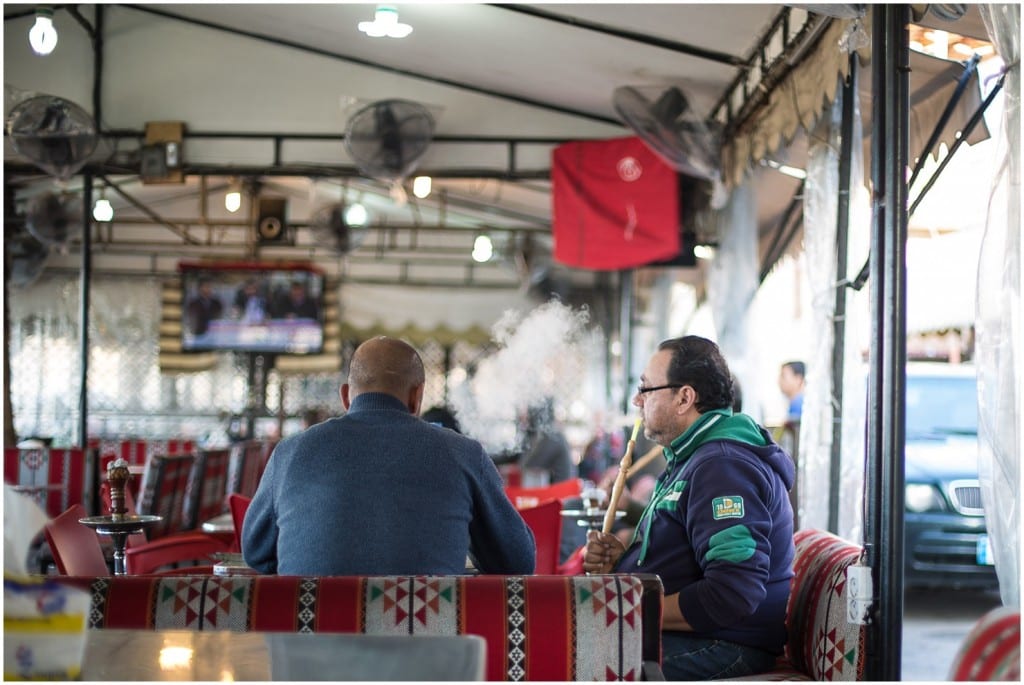
Shisha is a part of life and culture in the east. This man smoked continuously for at least one hour in an outdoor cafe in Sidon.
p
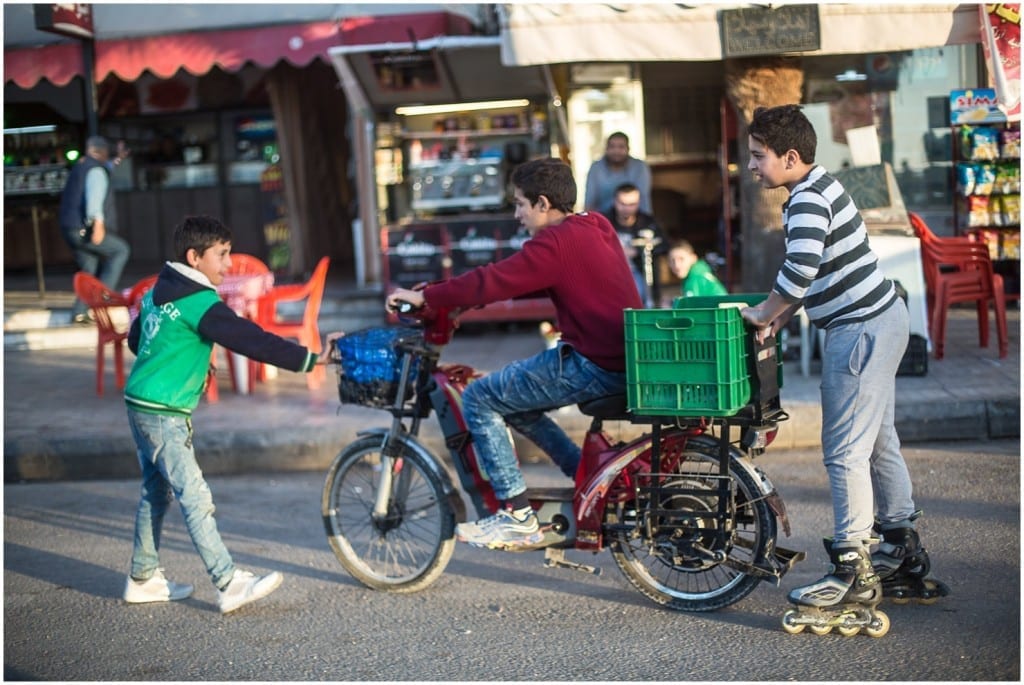
Children playing in the street. Taken from our moving vehicle. I didn’t see a single child engrossed in or entertained by a screen or device.
p
// Shatila //
This next story requires a section of its own. This is the highlight of my trip and one of the main reasons I was driven to visit Lebanon.
p
In 1948, Shatila camp was founded by the UN for refugees from Palestine. This was meant to be a temporary solution, yet 3/4 of a century later, Shatila is still home to impoverished Palestinians and, now, Syrians. In the past 3 years, the influx of Syrian refugees has seen the population double from 10k to 20k people.
p
Shatila isn’t exactly a lawless place but life is far from simple. There’s a presence from the United Nations and Doctors without Borders. It’s quite unusual of for a civilian American woman to be walking around Shatila at night. I saw only one woman outside in the night and she was in a shop making flatbread. Children followed us, asking, “what is your name?” and giggling.
p
Just after this trip, I had my first adventure in Africa. I was surprised that even in the most desolate places, even inside the rainforest, you will find westerners working with organisations, charities, NGOs. There’s a real presence from healthcare to farming to and even menstrual hygiene. But here…in Lebanon. In Shatila. No one. Except for those who hosted us. There are people, mind you. And organisations. But nothing the likes of which I’ve seen in the rest of the developing world. And it’s so so needed.
p
The housing in Shatila is makeshift homes knocked up by owners on top of existing homes. Climbing the steps to our hosts’ 5th floor home was harrowing. Lighting the way with our iPhones we carefully avoided makeshift electricity wires, some of which were arching and buzzing with raw, dangerous power.
p
Inside, we met Majdi and his sons Yousef and Adam. Majdi is Palestinian. He has lived in Shatila his whole life and is now raising his sons there. This home has no address. It doesn’t exist. We were greeted with kisses and hugs and arabic coffee (tiny, black, strong and sweet with the finely ground beans settled on the bottom). Majdi asks us, “do you get fractions? Adam has an exam tomorrow and this math is like university!”
p
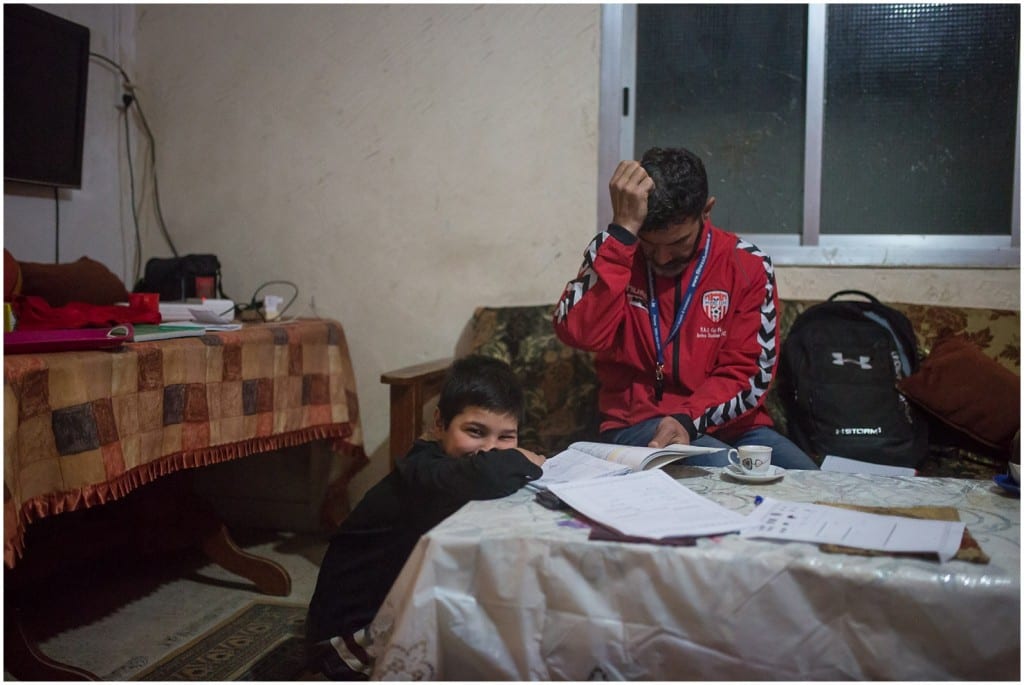
Above, Majdi attempts to understand his son’s math home work. Adam, approx 10 y/o, goes to a United Nations school.
p
Above photo taken (by Mark) on the roof of Majdi’s home (please excuse the grainy quality it was taken in pitch black darkness). Majdi built a 5th story on the roof with a small apartment to house guests who come to participate in Shatila’s sports programme. He coaches football and basketball. Sports offers the children of Shatila the opportunity to integrate into society, experience life outside the slum and stay out of trouble.
p
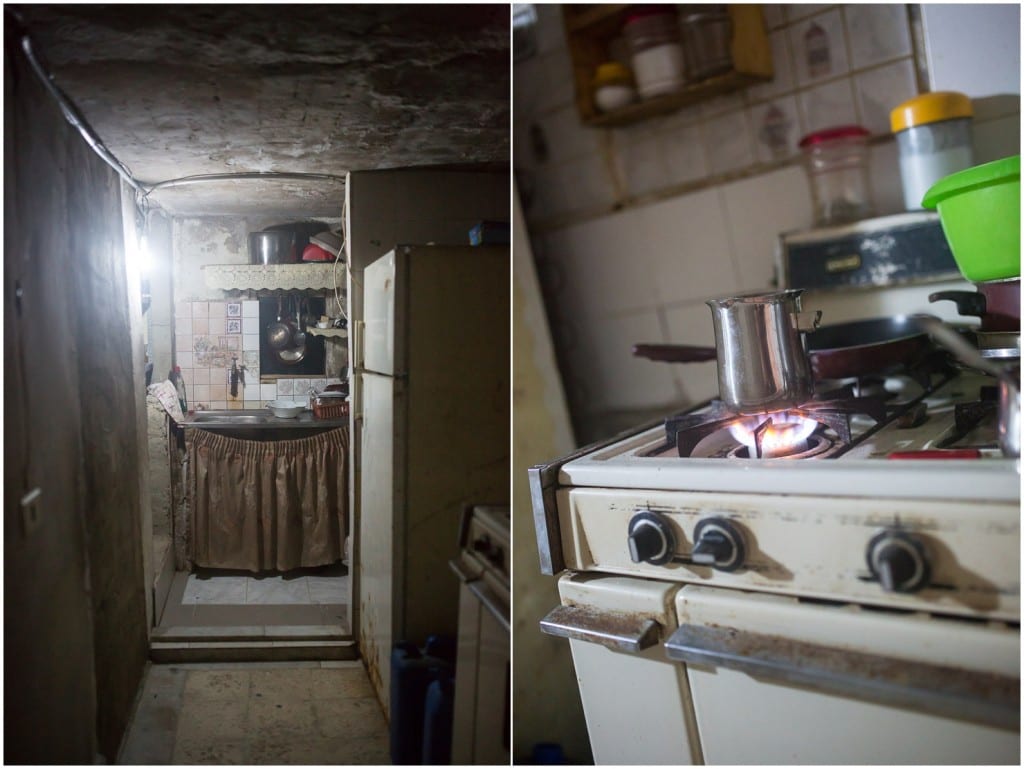
Above, a the kitchen in Majdi’s home with coffee brewing.
p
Shatila has seen its fair share of conflict throughout the civil war, with atrocities committed by both sides. Majdi’s father sensed the brewing unrest which preceded the 1982 slaughter of 1,000 Muslims by Christian Militia. He removed his family for a time and saved them from possible death. Just outside the camp lies the mass grave and final resting place of these souls.
p
Yousef is Majdi’s 15 y/o son. 3 weeks ago, he was thrown from his moped and busted his face. He spent time in the hospital but now requires surgery to re-set his jaw. The cost of this is being provided, in part, by an organisation, however I believe that some of this is still outstanding and so a date for surgery is not yet known.
p
Yousef is a keen photographer of people, which he told me within moments of stepping into their home. He showed me the Nikon camera given to him by a visitor only a few weeks ago (someone who came to visit when he was in the hospital). He asked how to take photos better without flash (attaboy!) and whether my photos are Photoshopped. He asked if my camera was expensive, told me about how he shoots in manual (impressive) and asked if we knew an address where that previous visitor could send a new lens they promised him because, of course, his home doesn’t have an address.
p
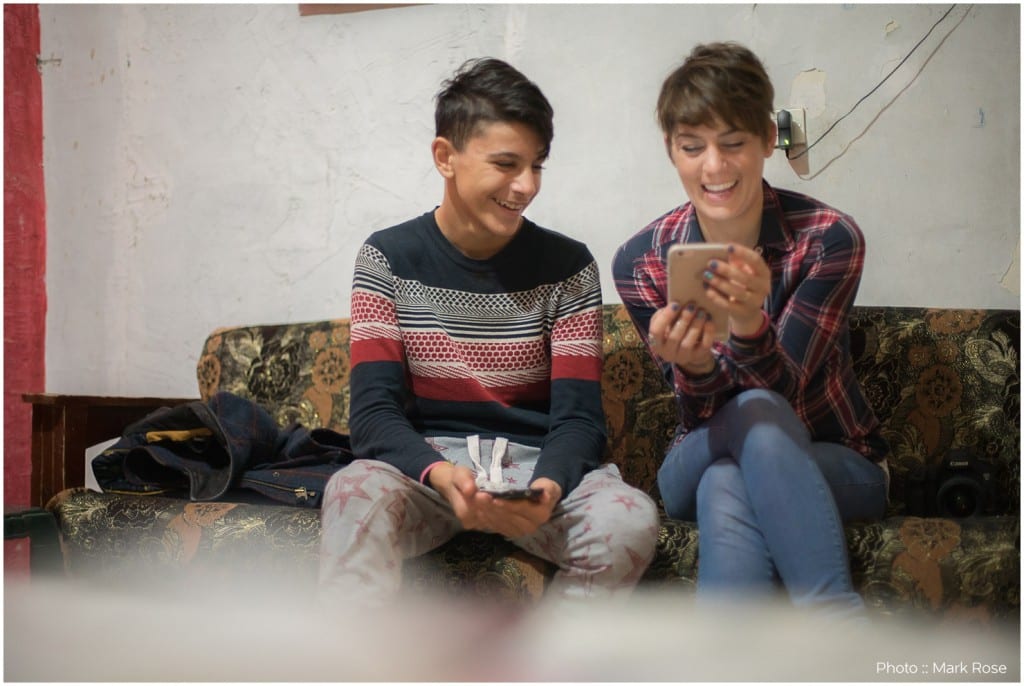
Above, Yousef shows me his photography and asks me, “what is the one thing a photographer needs to know?” I tell him, “you need to connect with people so that what your lens captures isn’t just the face they think you want to see. You need to find their soul.” Perfect segue into the question I was desperate to ask: “tell you what. If you let me take your photo I’ll show you what I mean.”
p
Above, a shot of me making Yousef’s portrait, lit by street lights.
p
Above, Yousef’s portrait. You can see more in the gallery below. I regret that I had to take this quickly and failed to get any variety or a closeup of his face.
p
// all the photos //





